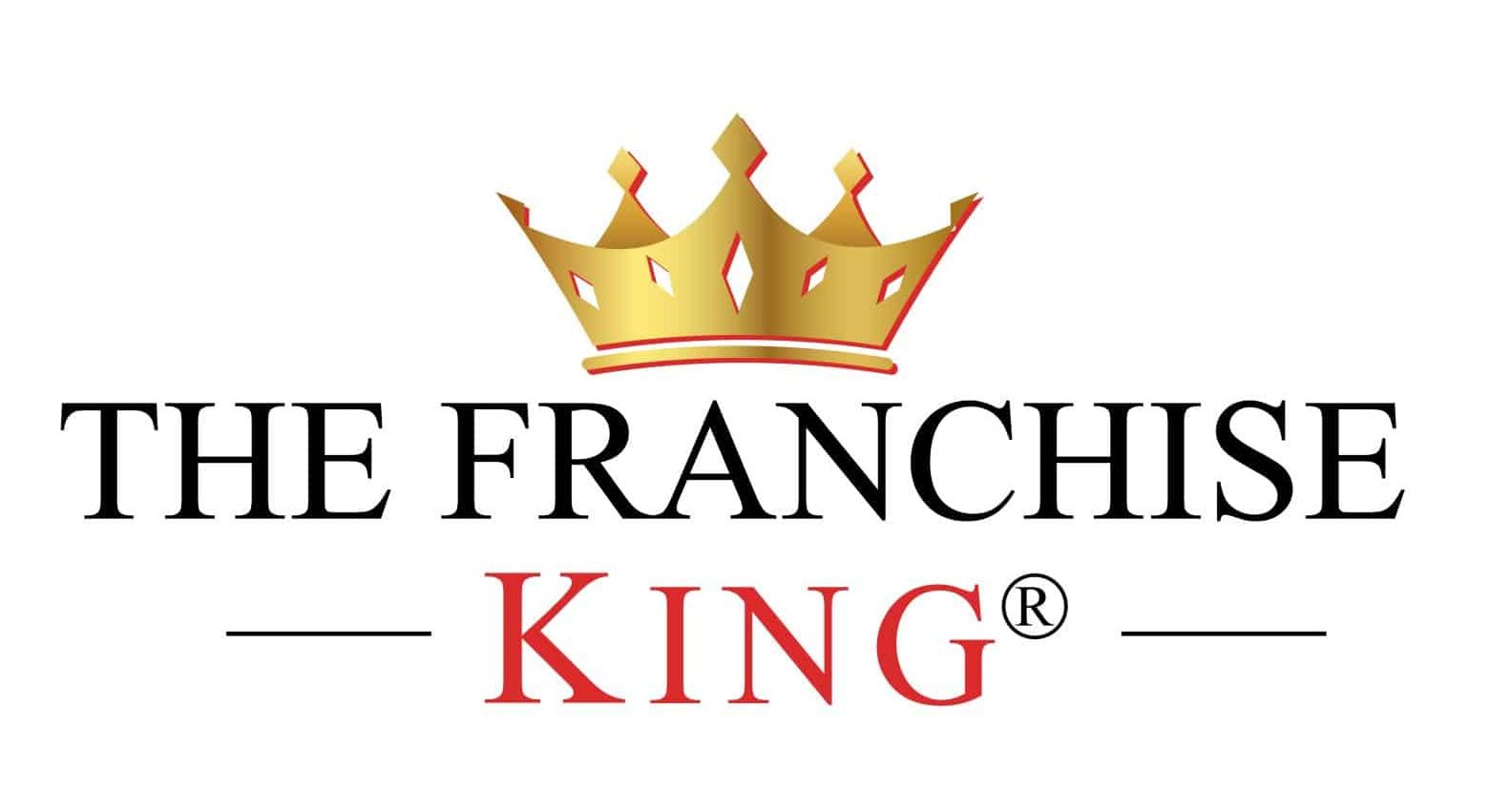
These days, it’s pretty common to set up an S Corp for a franchise, or other small business.
For instance, my small business is an S-Corp. And thanks to my friend, Sue, I had it changed from an LLC years ago. And I’m glad I did. Why?
Because I can pay myself what’s considered to be a reasonable monthly salary, while at the same time, avoid being taxed twice.
And in case you were curious, the name of my S Corp is Franchise Selection Specialists Inc.
Note: if your small business is an LLC, you may want to do what I did, and change it to an S-Corp.
Are you ready to learn about S-Corps? It’s truly exciting stuff.
Click the banner below to set up your S-Corp:
S-Corp For A Franchise: An Overview Of Their Benefits
While learning about an S Corp and other business entities may not be exciting, the potential benefits ($$$) to you and your small business could be. Check this out.
For many businesses in the United States, choosing the right legal structure…the right business entity, is an important decision that can affect the way they operate, their tax obligations, and their potential for growth.
With that being said, among the various options available, the S- Corporation (or S Corp) stands out as a popular choice for many entrepreneurs and small business owners.
Note: Another popular way to set up your franchise business is by doing an LLC. Lots of franchisees do it.
What is an S Corporation?
An S-Corp is a type of corporation that meets specific Internal Revenue Service (IRS) criteria, allowing its profits (and some losses) to be passed directly to its shareholders for federal tax purposes. The best part about that?
Unlike traditional corporations (C Corporations), S Corporations avoid double taxation* on corporate income. This means that an S Corp is only taxed once at the shareholder level, rather than both at the corporate level and then again on shareholders’ personal tax returns. So if you’re a small business owner, more money goes to your bottom line. Yay!
*According to The Balance, “Double taxation refers to income tax being levied twice on the same income. It most commonly applies to corporations and their shareholders. The corporation is taxed on its earnings or profits, then the shareholders are taxed again on dividends and capital gains they receive from those earnings.”
The Many Benefits Of An S Corp For A Franchise/Small Business
Below are the many benefits S-Corps bring to a small business.
1. Double Taxation Avoidance!
As mentioned, the most significant benefit of choosing an S Corp structure is the avoidance of double taxation. Business income, deductions, and credits flow through to shareholders, who report this on their individual tax returns.
2. Limited Liability
Similar to C Corporations, S-Corp shareholders enjoy the benefits of limited liability, meaning they are typically not personally responsible for the corporation’s debts or liabilities.
3. Getting A Salary
An S Corporation allows shareholders who are also employees to be paid both a salary and dividends. This could potentially lower the amount of self-employment tax one might pay compared to a sole proprietorship or a partnership.
4. Business Longevity
An S Corp for a small business can continue to exist even if the owner exits or sells the company. This adds an element of continuity, which can be advantageous for branding, customer trust, and overall business operations.
5. Flexible Transfer Of Ownership
S Corporations have way more flexibility when it comes to transferring ownership. In other words, it’s easier to transfer stock (or shares) of an S Corp than interests in a partnership.
6. Potential Attraction Of Investors
Although S Corps have a restriction on the number of allowable shareholders (100 maximum), their structure is often more appealing to investors than other business entities like sole proprietorships or partnerships. Why? Because it’s simpler.
Limitations and Considerations Of An S-Corp
While S Corporations offer several tremendous benefits, they aren’t suitable for every business…although a good number of franchisees have election to become an S Corp.
That’s because they have specific eligibility criteria, such as restrictions on the type and number of shareholders and only one class of stock.
Additionally, some states might not recognize an S-Corporation and may tax the small business as a traditional corporation.
To conclude, in the always changing world of small business, understanding and choosing the right legal structure can significantly impact tax liability, growth potential, and net profit.
That’s why the S Corp , with its unique blend of limited liability, tax benefits, and flexibility, can be a compelling option for many small businesses.
However, it’s essential to carefully weigh the pros and cons, often with the guidance of legal and tax professionals, to determine if an S Corporation is the best fit for your franchise/small business.
It was for mine.
About the Author
The Franchise King®, Joel Libava, is a leading franchise expert, author of "Become a Franchise Owner!" and "The Definitive Guide to Franchise Research." Featured in outlets like The New York Times, CNBC, and Franchise Direct, Joel’s no-nonsense approach as a trusted Franchise Ownership Advisor helps aspiring franchisees make smart, informed decisions in their journey to franchise ownership. He owns and operates this franchise blog.
Note: When you buy through links on this website, we may earn an affiliate commission.









